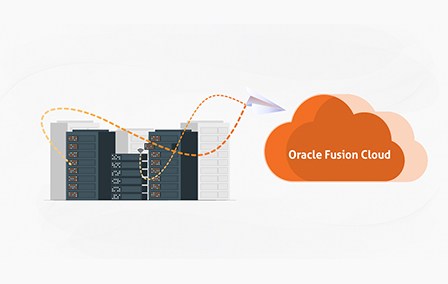
Project and program management are disciplines within the field of management that involve planning, organizing, securing, and managing resources to achieve specific goals. While both project and program management deal with managing endeavors, they differ in scope and complexity.
It focuses on overseeing individual projects from initiation to completion. A project is a temporary endeavor with a defined beginning and end, undertaken to achieve specific objectives within constraints such as time, cost, and scope. Project managers are responsible for defining project goals, creating schedules, allocating resources, managing budgets, and ensuring that the project is completed on time and within budget. They also monitor progress, identify and mitigate risks, and communicate with stakeholders.
Program management involves coordinating multiple related projects to achieve broader organizational objectives. Programs are composed of several interdependent projects managed and coordinated as a group to achieve strategic goals. Program managers oversee the coordination and alignment of various projects within the program, manage interdependencies, optimize resource allocation across projects, and ensure that the program delivers the intended benefits to the organization. They focus on strategic alignment, stakeholder management, and overall program success.
Offering insights and strategic guidance on how to best utilize Oracle Fusion ERP and HCM to achieve business objectives. This includes financial planning, supply chain optimization, and operational efficiency.
Evaluating and redesigning existing business processes to leverage Oracle Fusion ERP and HCM capabilities fully, resulting in improved efficiency and effectiveness.
Supporting organizations in managing the transition to Oracle Fusion ERP and HCM. This includes developing change management strategies, communication plans, and training programs to ensure smooth adoption.

The key phases of project management include initiation, planning, execution, monitoring and controlling, and closure.
Alignment between projects within a program is ensured through strategic planning, regular communication, and governance structures. Program managers establish clear objectives, define interdependencies, and monitor progress to ensure alignment with organizational goals.
A project manager is responsible for overall project success, including planning, execution, and delivery. They coordinate project activities, manage resources, and communicate with stakeholders.
Project risks are identified, assessed, and mitigated through risk management processes. This involves identifying potential risks, analyzing their likelihood and impact, and developing strategies to minimize or eliminate them.